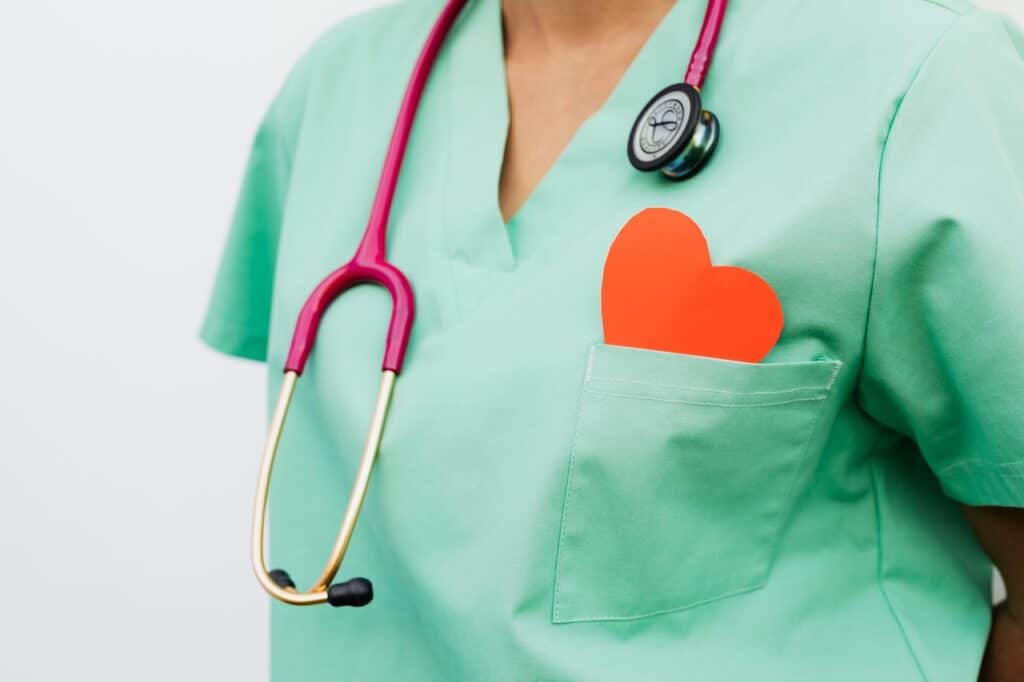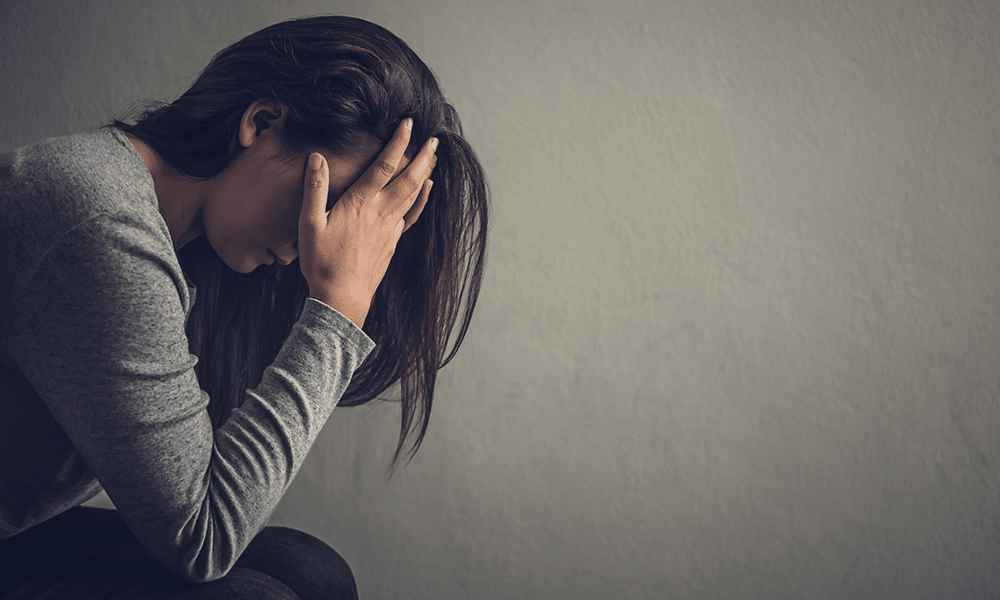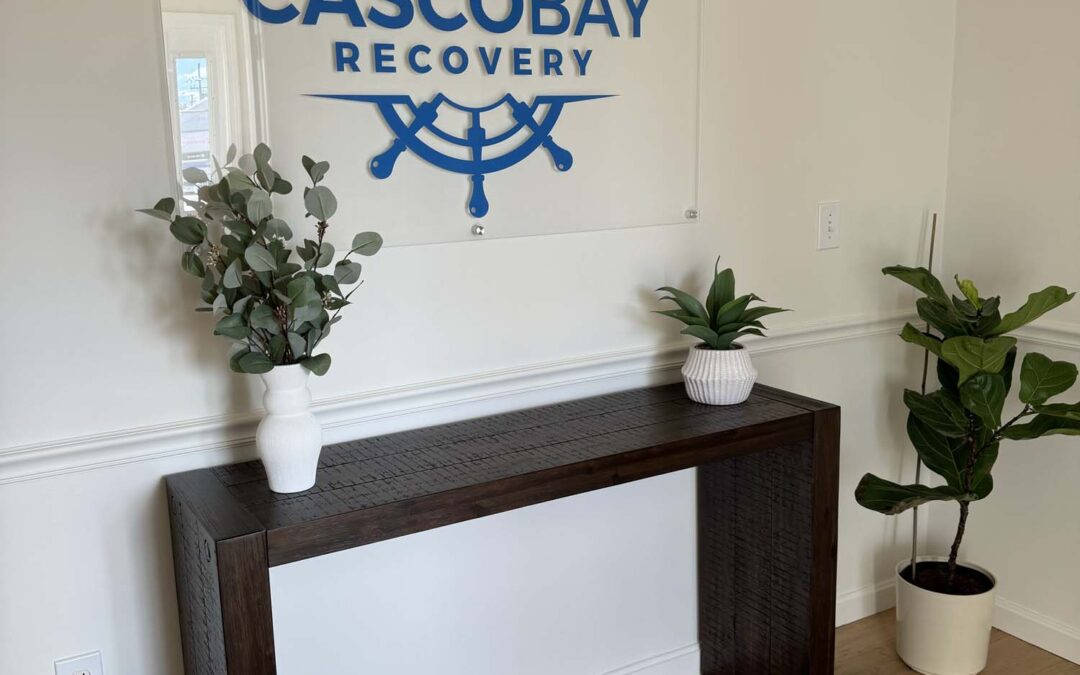The number of people in the U.S. who use heroin has been rising steadily since 2007. One factor that played a part in the rise of heroin use is the growing abuse of prescription painkillers such as hydrocodone and oxycodone. These medications are also made from the poppy plant and are chemically related to heroin.
Continued use of heroin will wreck your heart and cardiovascular system. And because heroin is an unregulated street drug, it may contain toxins and contaminants added by street dealers that shouldn’t enter the bloodstream.
These substances can block veins and restrict the flow of blood in the cardiovascular system, particularly if injected. Clogged veins and arteries can result in infections or permanent harm to various vital organs. For these reasons, heroin users are more than twice as likely to suffer a heart attack compared to non-heroin/opioid users.
Heroin Effects on the Heart
Ongoing use of this illegal drug can lead to a “heroin heart” in which the symptoms are easily noticed by others, and the person’s everyday life is impacted. Heroin heart is characterized by one of the following heart conditions:
Endocarditis: Inflammation of your heart’s valves and inner lining
Endocarditis has been more widespread in recent years among young adults. This is probably coming from the intravenous use of heroin. In its early stages, endocarditis is often mistaken for other illnesses and may go undiagnosed.
Vasodilation: Widening (dilation) of the blood vessels
Dilated blood vessels cause lower blood pressure and sudden drops in blood pressure and heart rate are common when it comes to heroin’s effects on the heart. Concerningly, this can lead to respiratory problems.
Bradycardia: A slowed heart rate
This is a common heroin effect on the heart for long-term users. A person with bradycardia will not be able to take part in physical activities they used to do. This is because the heart rate can’t increase to the level needed for high- or even moderate-intensity activity.
Other Heroin Effects on the Heart
- Arrhythmia: Changes in your heart rhythm that may lead to a heart attack or stroke.
- Heart failure: When the heart muscle doesn’t pump as well as it should
- Cardiac arrest: When your heart stops beating suddenly. When a person dies from an opioid overdose, the cause is often cardiac arrest–their heart stops beating. It’s different from a heart attack, although a heart attack can lead to cardiac arrest, too. Opioid-related cardiac arrest is more common if you’re younger. They are more likely to happen when you’re alone with no one to help you.
- Broken heart syndrome: Although it’s rare, quitting opioids suddenly for any reason can put your heart at risk. Broken heart syndrome, also known as cardiomyopathy can lead to heart failure.
Why Do People Use Heroin?
Many people start using heroin to deal with anxiety, worries, and other stresses. They do not consider heroin’s effects on the heart when they abuse this drug. Instead, they focus on the effects it produces that are perceived as being favorable. One recent study found that 75% of users had mental health conditions such as:
- Depression
- Attention Deficit and Hyperactivity Disorder (ADHD)
- Bipolar disorder
After you take heroin, you feel a rush of good feelings and happiness. This is caused by the brain producing dopamine. For several hours, you may feel as though the world has slowed down. You may think and walk slowly. Some people explain it as feeling like you’re in a dream.
Can You Repair Heroin’s Effects on the Heart?
 Can you heal from heroin and its effects on the heart? Yes, to some degree it is possible to reverse heroin’s effects on the heart. However, one of the most noteworthy heart complications is the occurrence of bacterial infections in the heart.
Can you heal from heroin and its effects on the heart? Yes, to some degree it is possible to reverse heroin’s effects on the heart. However, one of the most noteworthy heart complications is the occurrence of bacterial infections in the heart.
Infectious endocarditis often happens within the heart valves as bacteria, fungi, and other germs from an injection site circulate through the body’s blood vessels. This may be treated with antibiotics but an IV heroin user may need to have infected valves replaced. After they’ve been replaced, they are even more vulnerable to infection and more surgeries may be necessary if the heroin use disorder (HUD) isn’t managed.
It’s important to remember that certain people are more likely to develop cardiovascular disease than others. This may be the result of several factors including:
- Diet
- Weight
- Lifestyle
- Family history of cardiovascular disease
Heroin abuse may have a hand in cardiovascular disease and might result in more deterioration of an illness that already exists. Therefore, it is important to remember heroin’s effects on the heart when you consider how this drug will affect you.
Ending the Damage
If a person who uses heroin hasn’t had any issues with their heart or any other vital organs, then the best thing to do is to stop using it before heroin affects the heart. However, that is easier said than done. Anyone who has used heroin more than a couple of times knows that. It’s not practical to just quit using it one day, especially if you have been using it for some time.
Detox
A person who suffers from heroin addiction needs a professional rehabilitation program. It is essential to go through heroin detox in a medical setting. Detoxing at home can be strenuous, unsafe, and possibly deadly. It’s better not to leave it to chance.
Further, the uncomfortable symptoms of withdrawal can cause an individual to relapse. During detox, symptoms are mitigated through medication. Patients in detox also receive therapy that aids them through the detox process.
Treatment
After detox, an inpatient or residential recovery program is recommended. This ensures 24-hour-a-day care and supervision in a safe, structured setting. Thirty or more days is also recommended, but that is dependent on insurance coverage. HUD is one of the hardest addictions to overcome. Because of this, the longer the length of treatment, the better.
After residential treatment, an individual in recovery should continue their treatment by starting an outpatient program. This allows them to return to living off the treatment facility premises. Many facilities have several levels of outpatient care to allow for a gradual transition to normal life.
Rehab at Casco Bay Recovery
If you’re struggling with a heroin addiction, or someone close to you is, Casco Bay Recovery in Portland, Maine is experienced in the treatment of HUD and many other disorders. We have several levels of care including a partial hospitalization program (comparable to residential). Contact us today. Stop the damage—to your heart and your life.








